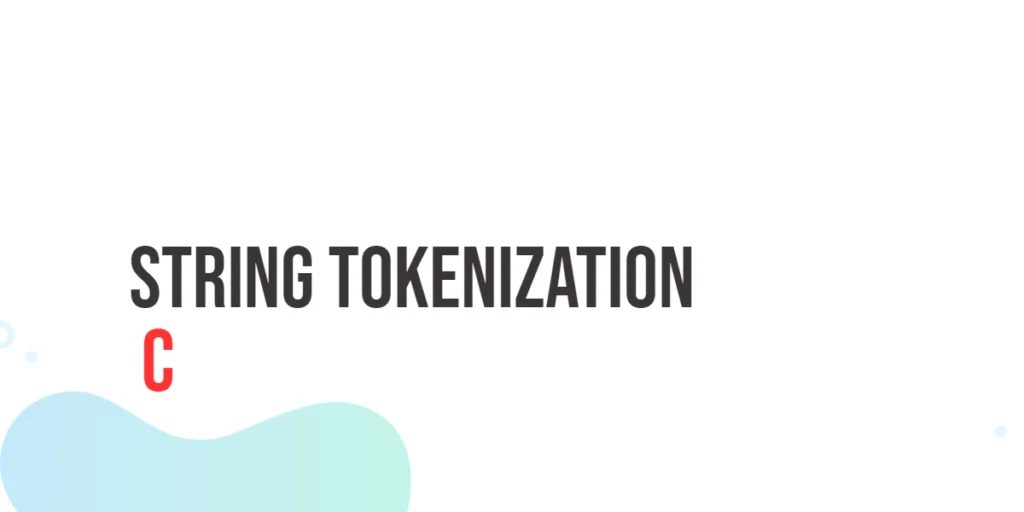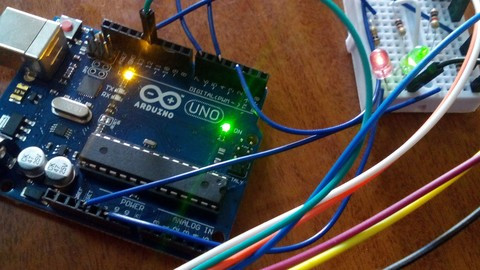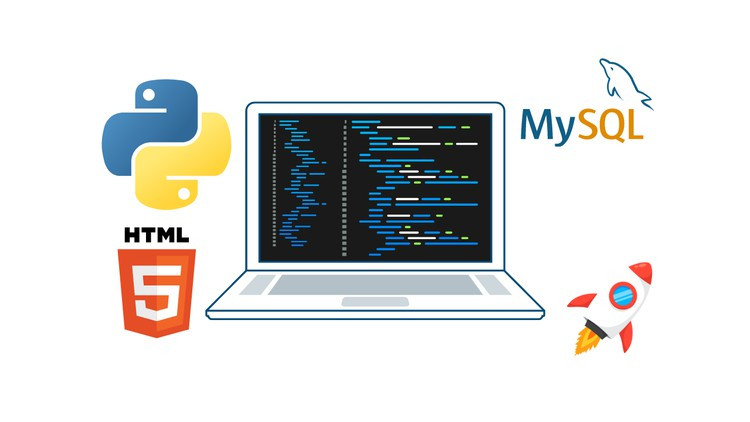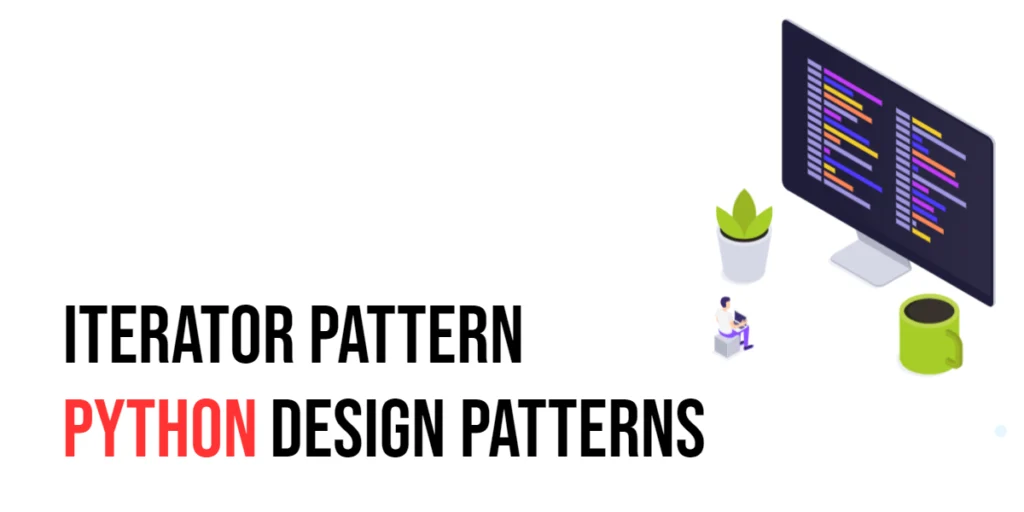Tokenization is the process of breaking down a string into smaller units, known as tokens. These tokens are essentially the meaningful elements extracted from the original string, enabling programmers to process and manipulate textual data effectively. In C programming, string tokenization is a fundamental technique used for parsing and analyzing strings.

with hands-on learning.
get the skills and confidence to land your next move.
Why is String Tokenization Important?
String tokenization plays a crucial role in handling and analyzing textual data. It provides a way to extract meaningful information from a string by breaking it down into smaller, more manageable components. This process is invaluable in scenarios where data needs to be processed, validated, or organized based on specific patterns within the text.
Consider a scenario where you need to process a sentence and count the occurrence of each word. String tokenization allows you to split the sentence into individual words, making it easier to analyze and extract relevant information. This technique is also commonly used in parsing data from files, reading input from the user, or handling data received from external sources.
Basic Concept of Tokenization
Before we delve into the practical aspects, let’s grasp the basic concept of tokenization. In C, a token can be any meaningful unit separated by delimiters within a string. Delimiters are characters used to demarcate the boundaries between tokens. Common delimiters include spaces, commas, or any user-defined character.
Tokenizing Strings in C
To start our exploration, let’s dive into a simple example of tokenizing a string in C. Consider the following scenario where we have a sentence containing words separated by spaces, and we want to extract each word as a token.
#include <stdio.h>
#include <string.h>
int main(int argc, char* argv[]) {
char sentence[] = "String Tokenization In The C Programming Language";
char delimiters[] = " ";
// Tokenize the input string
char *token = strtok(sentence, delimiters);
// Loop through the tokens and print them
while (token != NULL) {
printf("Token: %s\r\n", token);
token = strtok(NULL, delimiters);
}
return 0;
}In this example, the strtok function is used to break the sentence into tokens. The first call to strtok takes the original string (sentence) and the delimiter (” “, space in this case). Subsequent calls use NULL as the first argument to continue tokenizing the same string. The loop prints each extracted token until there are no more tokens left.
Handling Multiple Delimiters
In real-world scenarios, strings may have multiple delimiters. For such cases, you can specify all possible delimiters in the delimiter string. Let’s modify the previous example to handle multiple delimiters.
#include <stdio.h>
#include <string.h>
int main(int argc, char* argv[]) {
char inputString[] = "C, String; Tokenization - In The C Programming Language";
char delimiters[] = ",; -";
// Tokenize the input string
char *token = strtok(inputString, delimiters);
// Loop through the tokens and print them
while (token != NULL) {
printf("Token: %s\r\n", token);
token = strtok(NULL, delimiters);
}
return 0;
}In this example, the delimiters include a comma (,), semicolon (;), a space(” “) and hyphen (-).
Conclusion
In conclusion, C string tokenization is a powerful technique for handling and analyzing textual data. The strtok() function provides a convenient way to break down strings into meaningful tokens, allowing programmers to perform various operations on the extracted data. Understanding and mastering string tokenization is essential for effective string manipulation in C programming. For more content, please subscribe to our newsletter.







